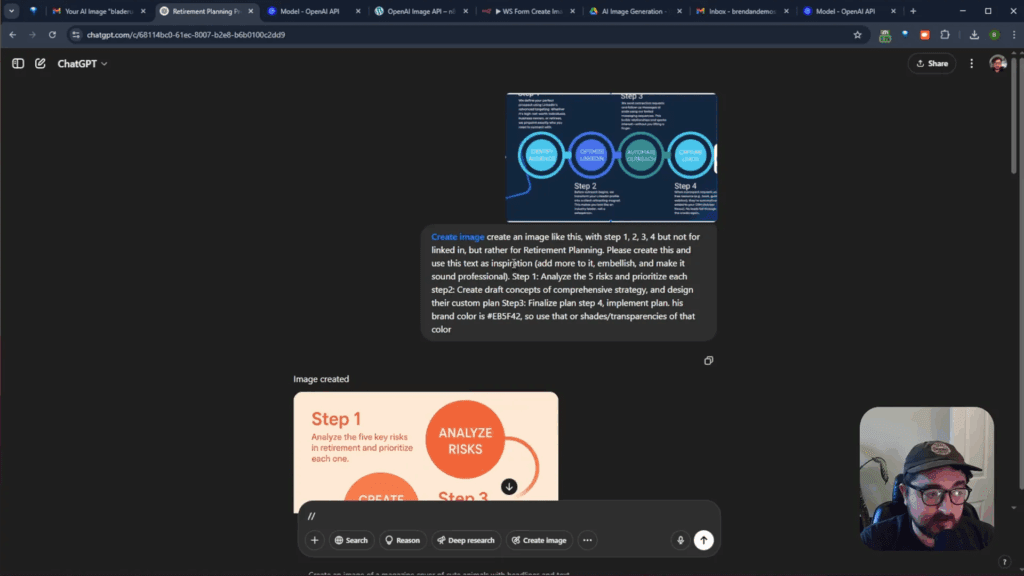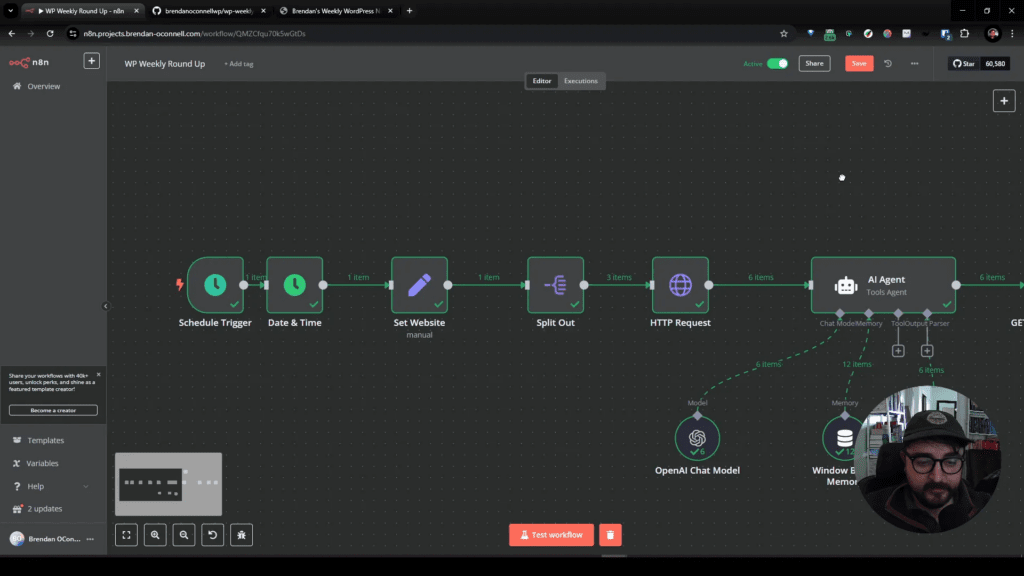In the tumultuous landscape of the 2020s, the world witnessed an emergence of what can be aptly termed the “pseudo bubble” surrounding AI technology. This phenomenon, characterized by exaggerated claims, inflated expectations, and a general frenzy, encapsulated both the potential and pitfalls of our infatuation with artificial intelligence. Concurrently, the words of H. L. Mencken in his work, “The Mind of the Slave,” resonate with a direct, emphatic, and matter-of-fact delivery that illuminates the underlying human tendencies that contributed to this fervor.
The AI tech pseudo bubble of the 2020s was characterized by grandiose promises that painted a utopian future, where AI systems would revolutionize every aspect of human existence. From automated labor to personalized medicine, from self-driving cars to omniscient virtual assistants, the possibilities seemed boundless. Enthusiasts and pundits alike eagerly propagated these narratives, amplifying the hype and turning AI into an omnipotent deity in the public consciousness. Yet, amidst the clamor and zeal, a rational appraisal of the limitations and ethical considerations often languished in obscurity.
Mencken’s words, with their directness and emphasis, offer a sobering reminder of the human inclination to be enslaved by our own creations. He argues that throughout history, individuals have displayed a willingness to submit to authority and become subservient to powerful forces, whether political, religious, or technological. In the context of the AI pseudo bubble, his observations shed light on how we willingly became enslaved to the allure of AI, accepting its supremacy without questioning the potential repercussions.
The minds of the enslaved were driven by an insatiable desire for progress and the allure of convenience. Mencken’s direct delivery underscores the danger inherent in surrendering critical thinking to the allure of the latest technological marvel. While AI undoubtedly possesses transformative potential, it is imperative to approach it with a discerning eye, rather than blindly succumbing to the fervor of the pseudo bubble.
In conclusion, the AI tech pseudo bubble of the 2020s exemplified a period of inflated expectations and exaggerated claims regarding the capabilities of artificial intelligence. H. L. Mencken’s “The Mind of the Slave” provides a powerful lens through which to analyze this phenomenon, offering a direct, emphatic, and matter-of-fact perspective on the tendency of humans to become enslaved by our own creations. By reflecting on the lessons of the past and maintaining a critical stance, we can navigate the future of AI technology with prudence, avoiding the pitfalls of blind devotion and embracing its potential for the betterment of society.











